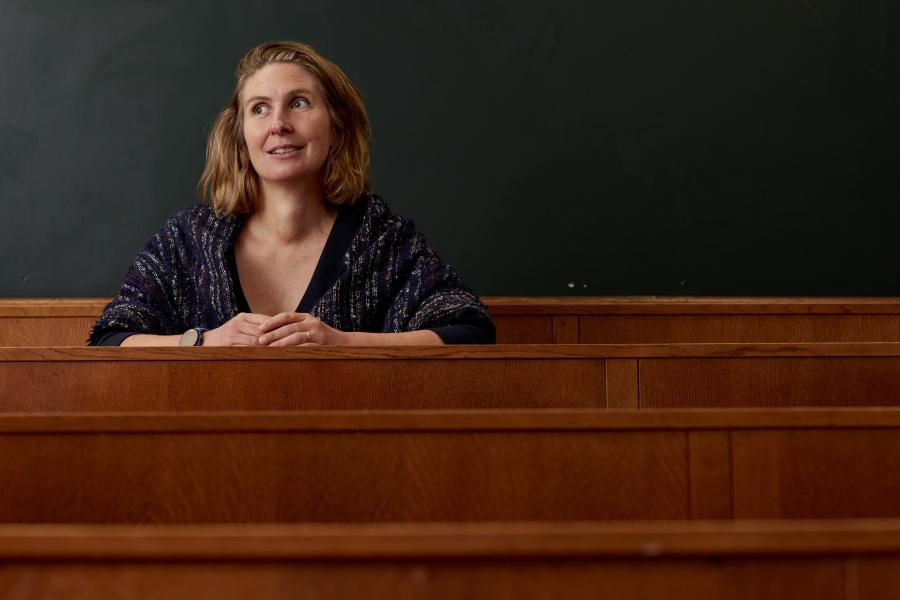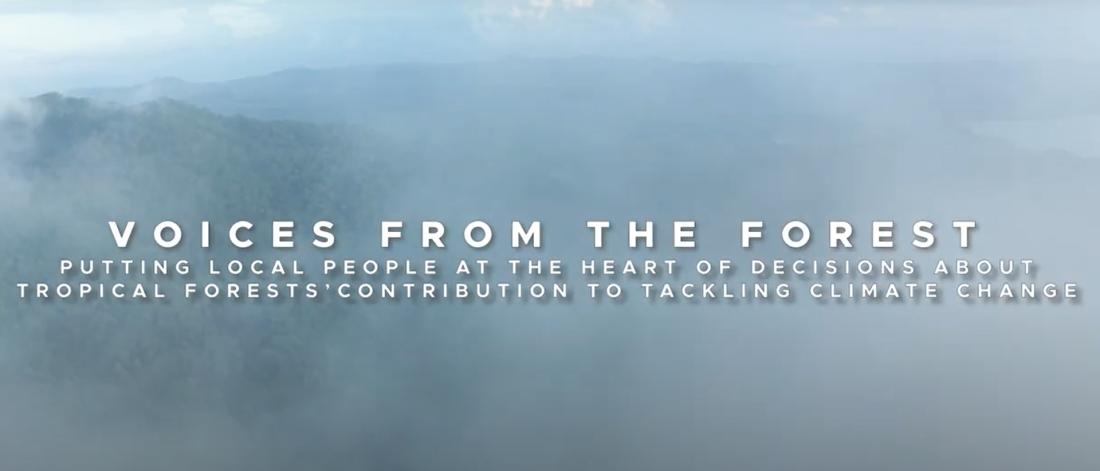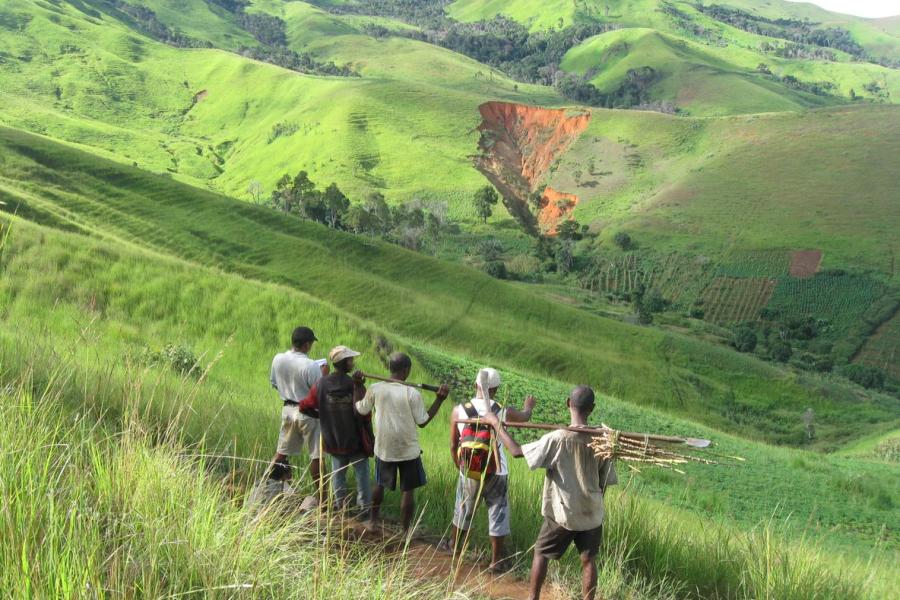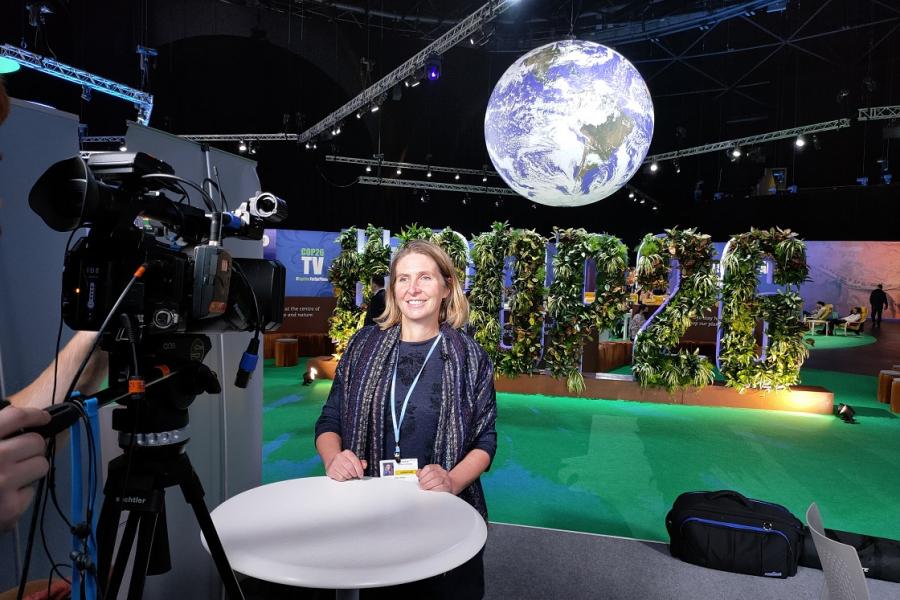We all know tropical forests play an important role in locking up carbon, yet forests continue to be cut down around the world.
There is an urgent need to conserve and restore these forests to tackle climate change and protect biodiversity. The problem is that in doing so, communities can become poorer by losing access to land and resources critical to their livelihoods.
Bangor-led research is addressing this challenge.
By influencing how governments across the globe reduce the negative impacts of their climate control policies, we are ensuring forest conservation does not come at the expense of the world’s poorest people.
The Ugandan government has incorporated Bangor’s recommendations into its national biodiversity offset strategy, the US government has used the research findings in funding decisions for a mine in Myanmar, and one of the world’s largest nickel mines in Madagascar has changed how it approaches offsets.
A short film produced by the team called “Voices from the Forest”, brought local people’s viewpoints to the global stage. The film was shown at the COP26 climate conference in Glasgow.
Conserving and restoring tropical forests is vital but this cannot be achieved without the genuine involvement of local communities. Our work aims to put local people at the heart of discussions with the aim of delivering more effective and equitable forest conservation.
Voices from the forest: Putting local people at the heart of decisions about forest conservation
The influence our research has had in this area proves how important it is for researchers, industry and governments around the world to work together, to learn from each other. We bring these experiences into our teaching, to help our students learn from them too.






